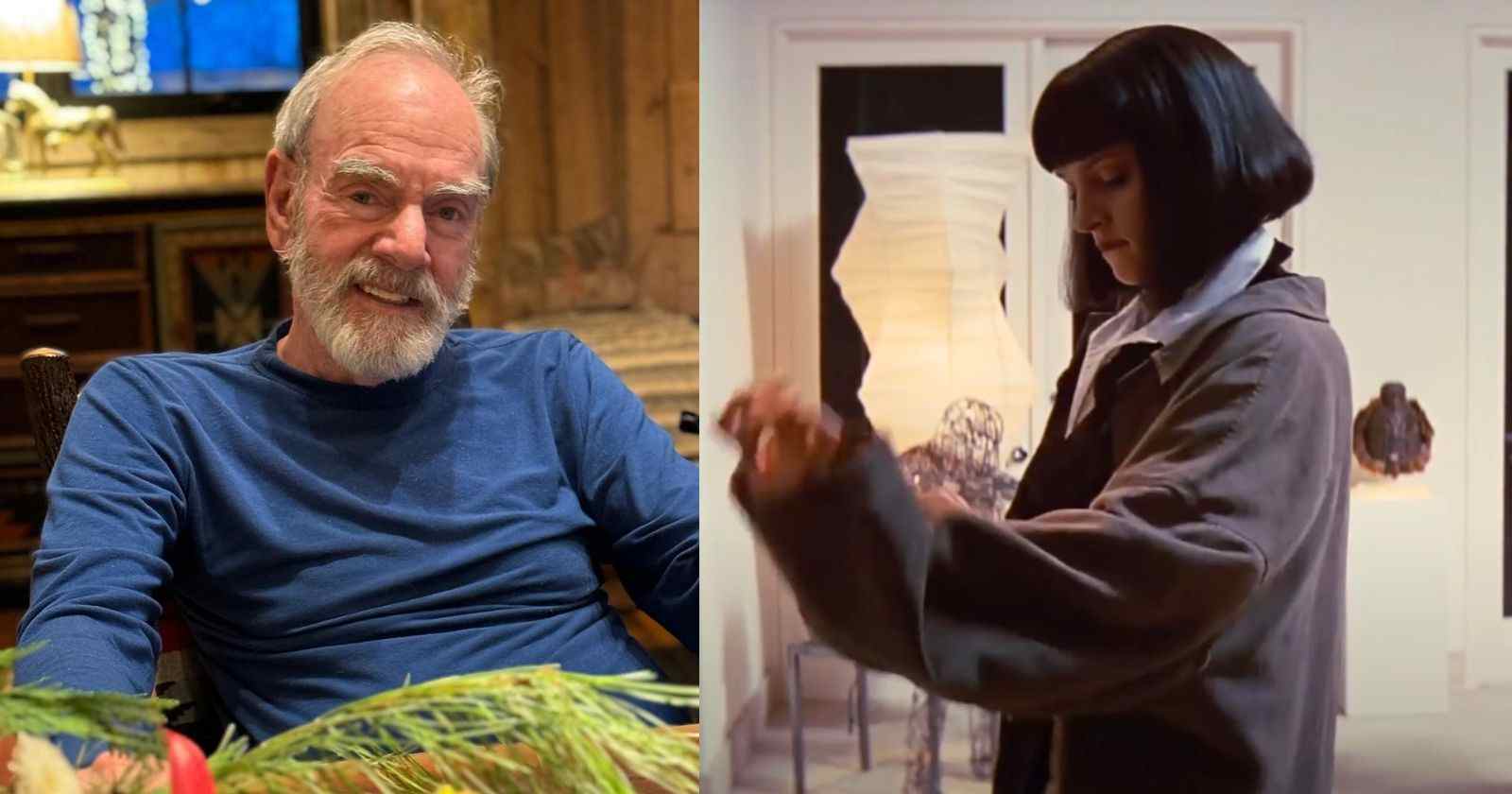Born in New York City in 1941, Neil Diamond started his career in 1962 and in the following decades became one of the best-selling artists of all time. He has sold an estimated amount of more than 130 million records worldwide and many of his songs were successfully covered by other artists becoming hits again.
One of them was the track “Girl, You’ll Be a Woman Soon”, which was covered by the Chicago group Urge Overkill in 1992. Being featured two years later on Quentin Tarantino’s classic movie “Pulp Fiction”. But what is Neil Diamond’s opinion on that version which is now part of cinema history.
What Neil Diamond said about Urge Overkill’s “Girl, You’ll Be a Woman Soon” cover
“Girl, You’ll Be a Woman Soon” was released as a single by Neil Diamond in 1967, also being featured on his album “Just for You”. That same album which also had “Red Red Wine” and “I’m a Believer”. At the time, the track peaked at the position 10 on the United States Billboard Pop Singles.
As he told Billboard in 2018, he wrote the song thinking about something that could relate to teenage girls, since they were his main audience at that point. “At the point on my career I wrote it, my audience was teenage girls. The song came out of that context. I wrote it while I was on a Dick Clark Where the Action Is tour. The audience sparked it,” Neil Diamond said.
Curiously, in the same conversation he recalled that he didn’t allow Quentin Tarantino to use his song first. The main reason why he wouldn’t allow him to use Urge Overkill’s cover of his song was because the scene involved drugs and cigarettes. He didn’t want his composition connected with those things.
“When Quentin Tarantino a few years later came around and wanted to use it for Pulp Fiction, I turned him down. I had a promise to myself I wouldn’t use any of my songs for drug references or even smoking cigarettes. I got a script, and I read it and I thought it was wonderful. But it didn’t fit into the guidelines I had set for myself.”
He continued:
“And then I spoke to a good friend about it. My friend Dave Rosner, who was my publisher, and he explained Quentin Tarantino was a bonafide star of the future. And (that) I should take it as a serious picture and so OK, I gave it a chance. It was a wonderful recording of that song by Urge Overkill. That scene was a standout in the movie and the song fit right in,” Neil Diamond said.
Urge Overkill almost didn’t recorded the track
Until now, Urge Overkill’s version of “Girl, You’ll Be a Woman Soon” is their most successful song. Of course, that success is directly connected with the success of Tarantino’s movie. “Pulp Fiction” continues to be considered by many fans his masterpiece. It was awarded with the Academy Award for “Best Screenplay – Written Directly for the Screen”. In that same year it was also awarded with the Palme d’Or at the Cannes Film Festival.
As Urge Overkill’s singer, bassist and guitarist Eddie Roeser recalled in an interview with Under The Radar in 2012, they almost didn’t record the song. His bandmate Nash Kato was listening to Neil Diamond a lot when they were making the 1992 EP “Stull”. The group had to record one final song for it and both of them knew the track quite well. So they decided to do a version and finish the EP.
How Quentin Tarantino found Urge Overkill’s version of “Girl, You’ll Be a Woman Soon” for Pulp Fiction
Besides being a huge movie fan Quentin Tarantino is also a music lover and is always involved in the making of the soundtrack for his movies. Many scenes from his filmography are really constructed after the piece of music is chosen, for example.
As he recalled in an interview with Rolling Stone in 2009, he found the version in a little record store in Holland. “I found the Urge Overkill version of ‘Girl, You’ll Be A Woman Soon’ on an EP in a little record store in Holland. So I picked it up and thought, ‘Wow, that’s a really cool track.’ And it just kept staying with me and staying with me. So then I worked the scene out with Uma (Thurman) and it ended up working fantastic. It became very iconic,” Quentin Tarantino said.

